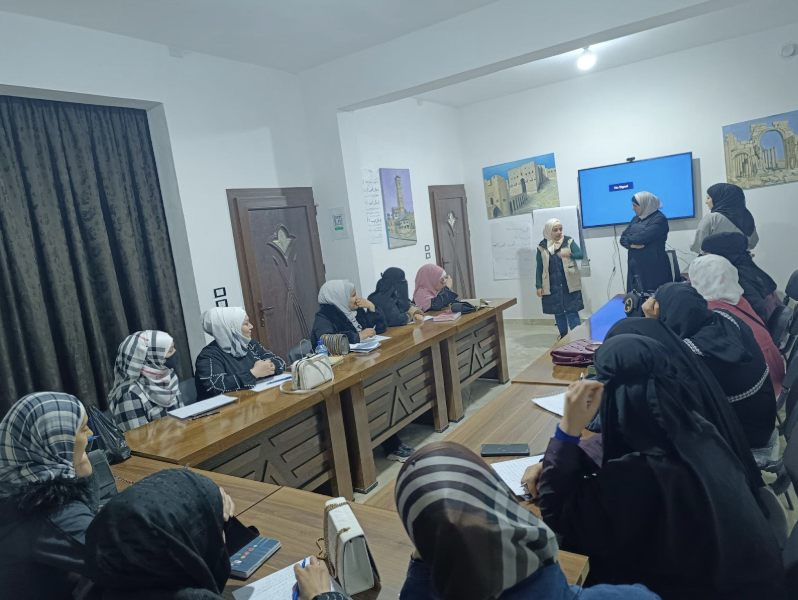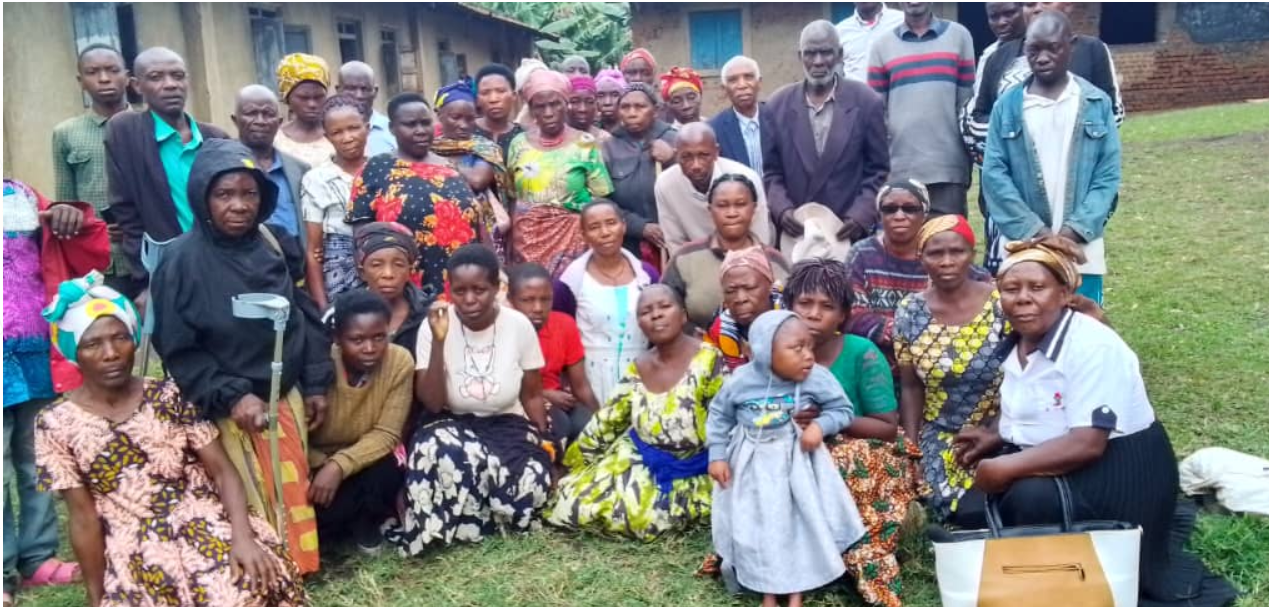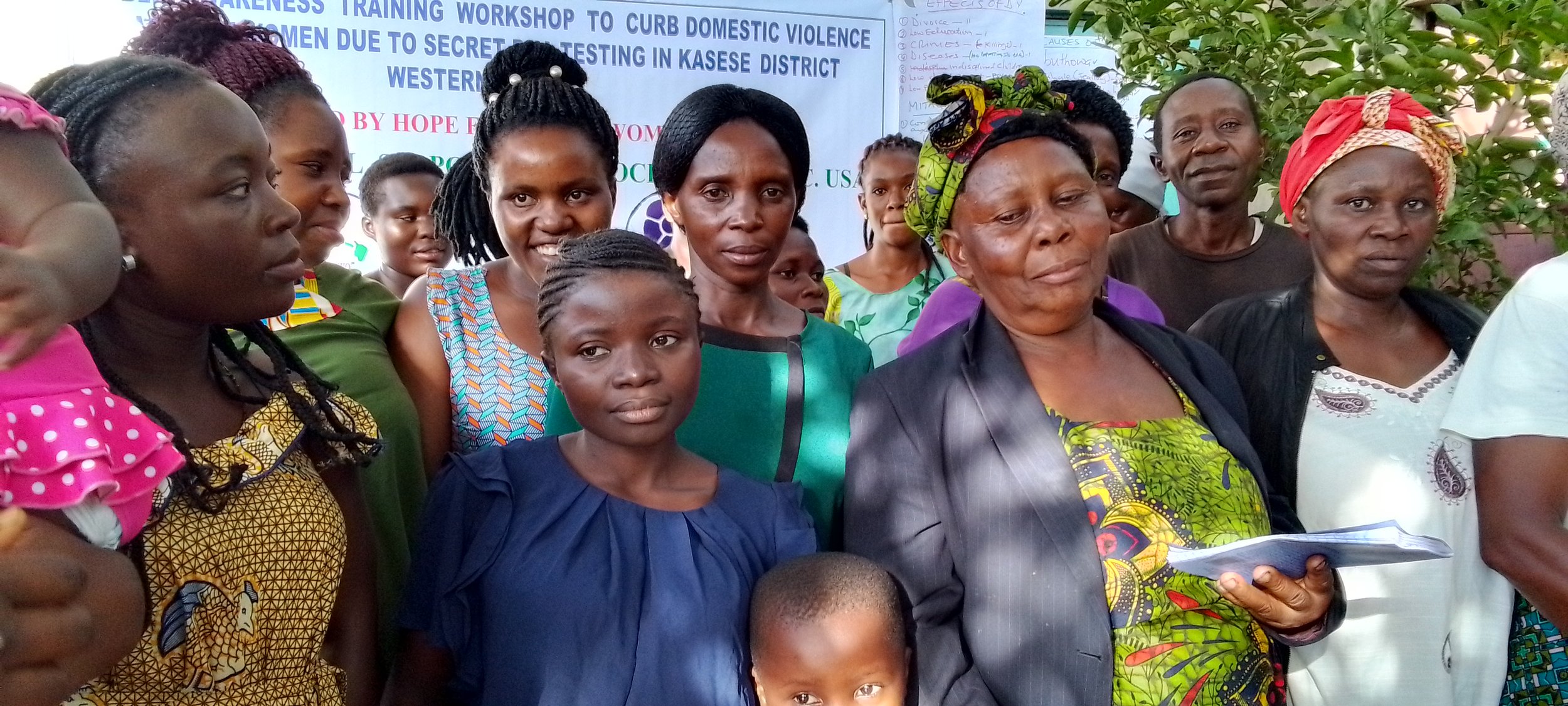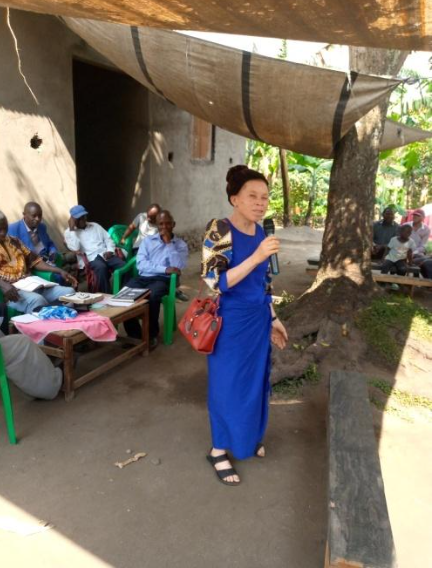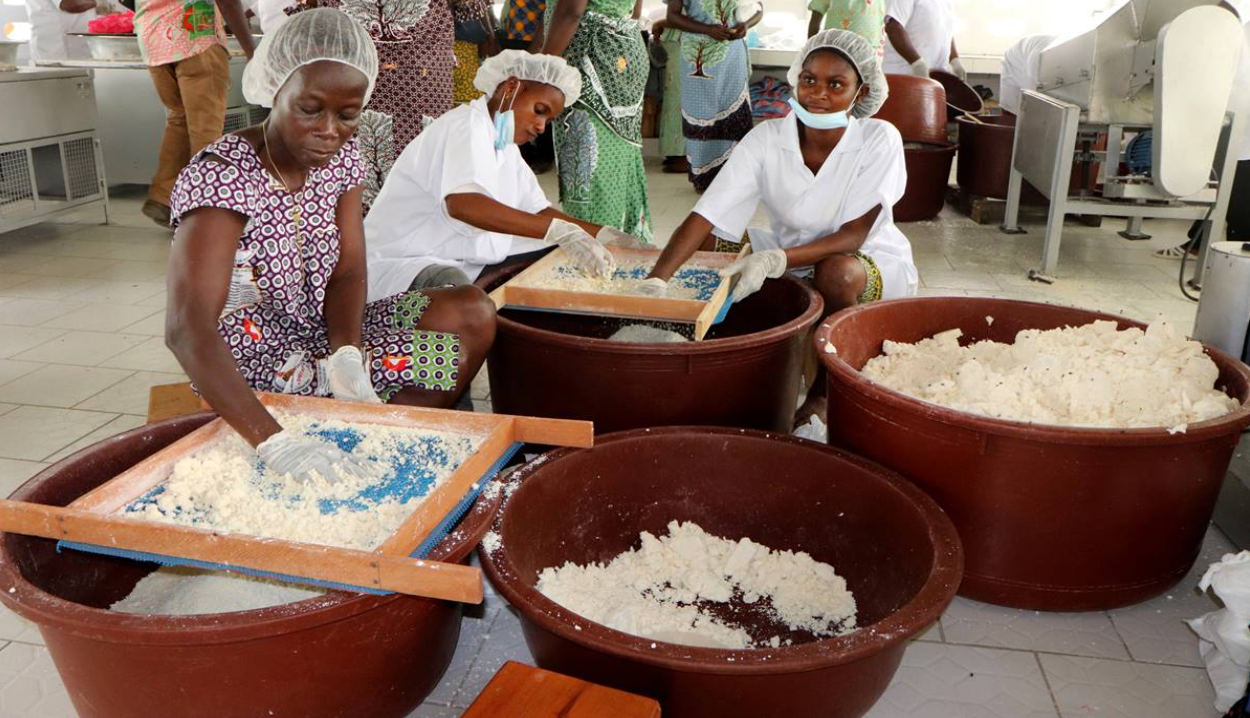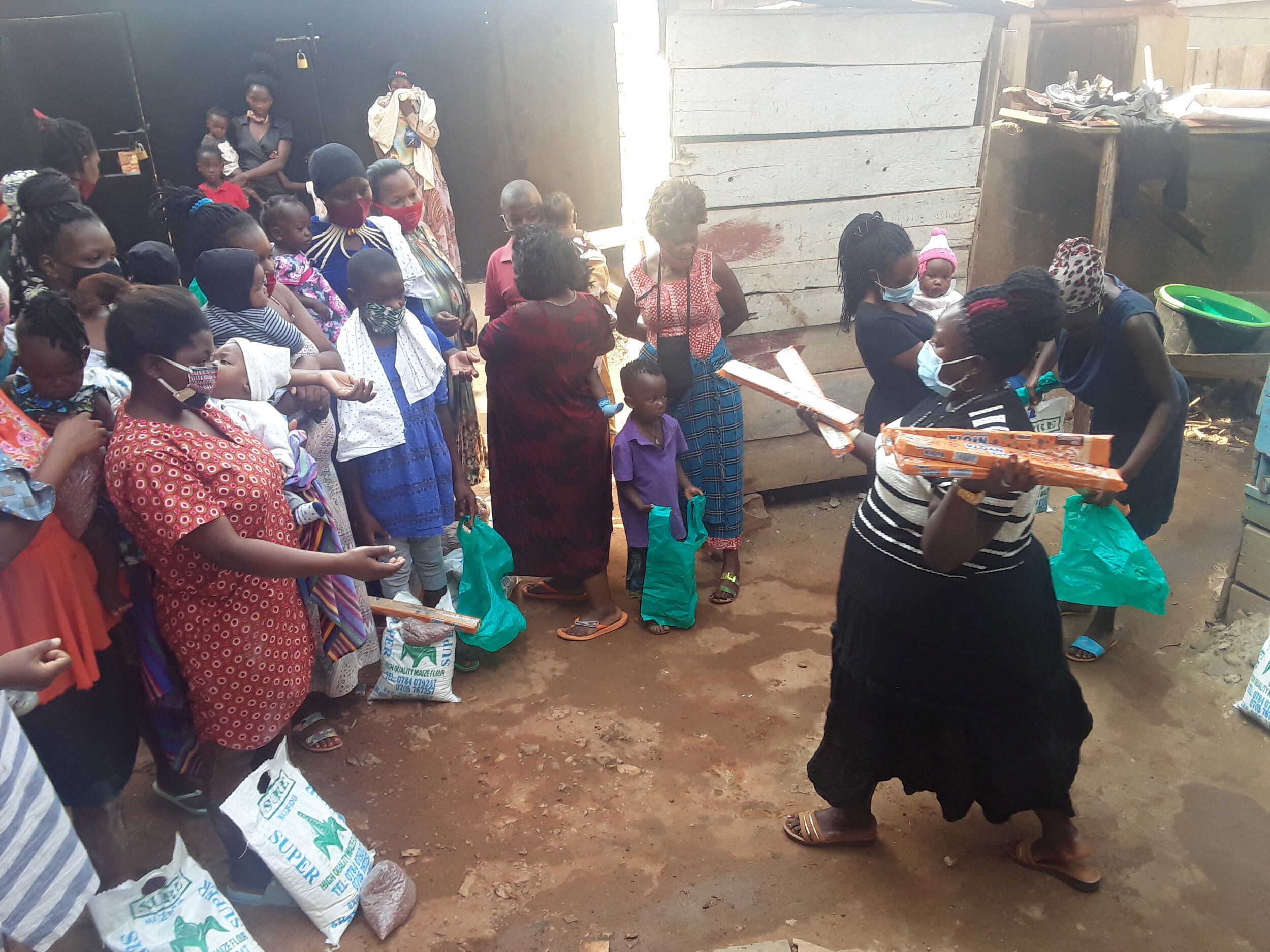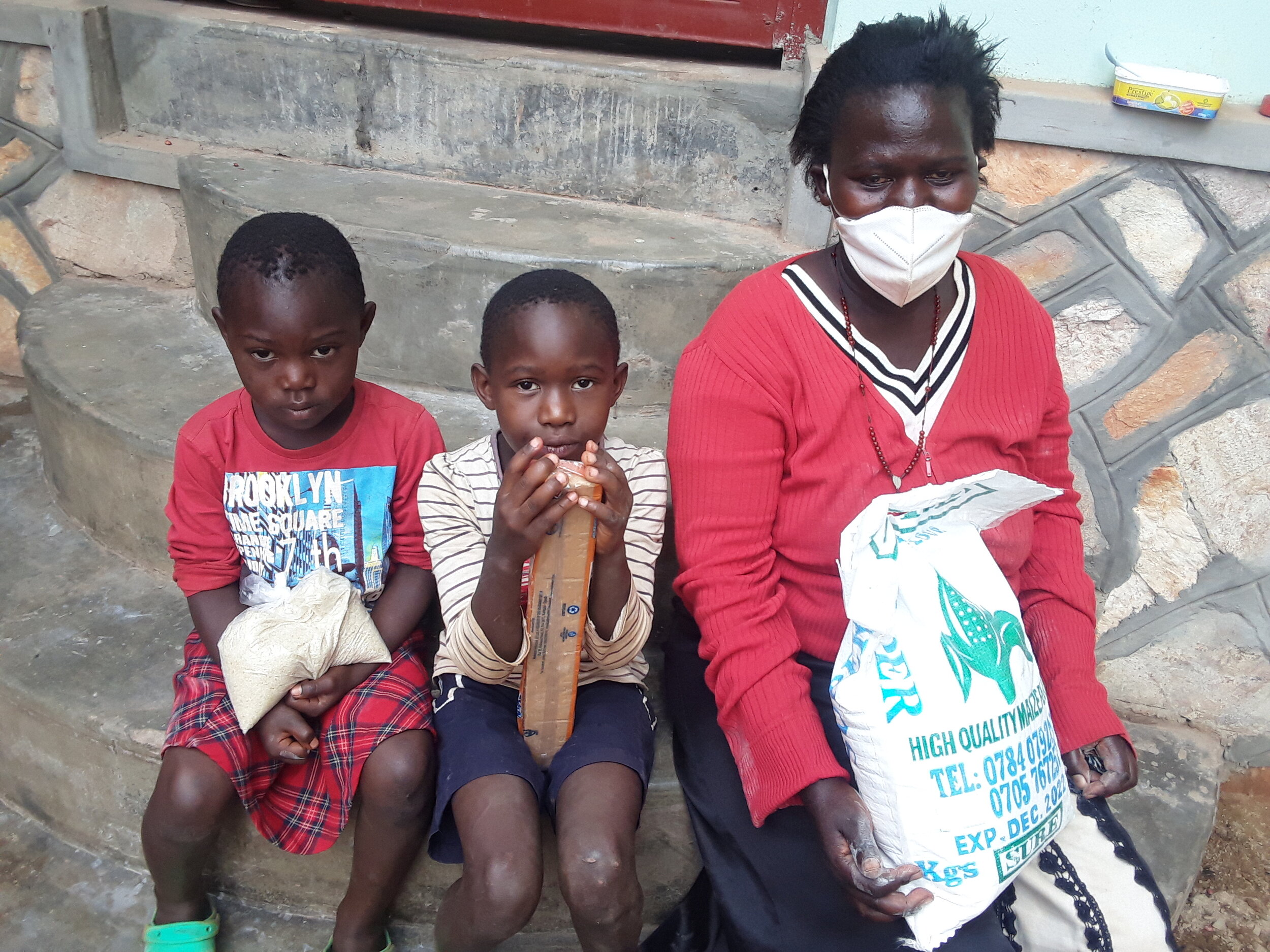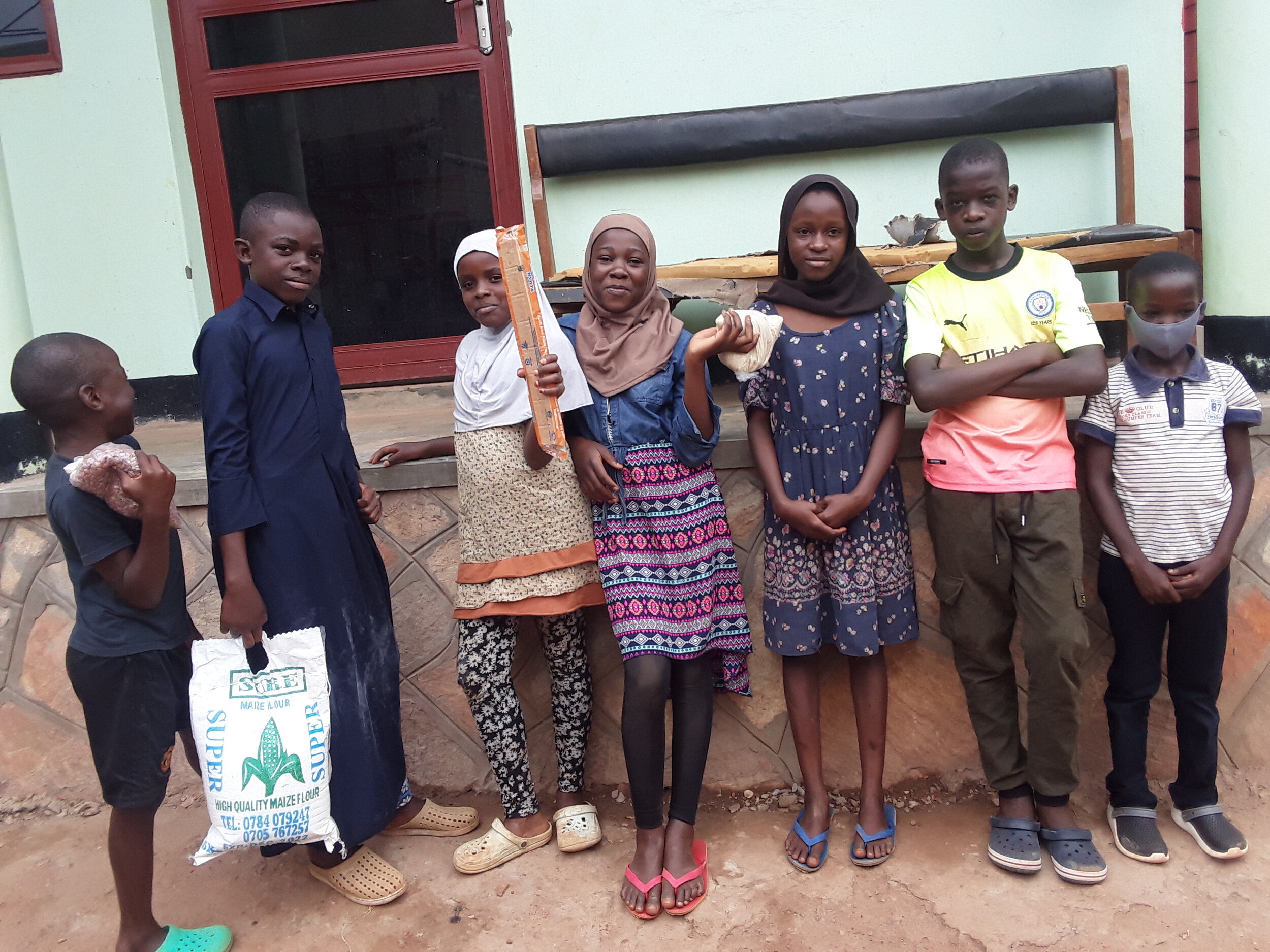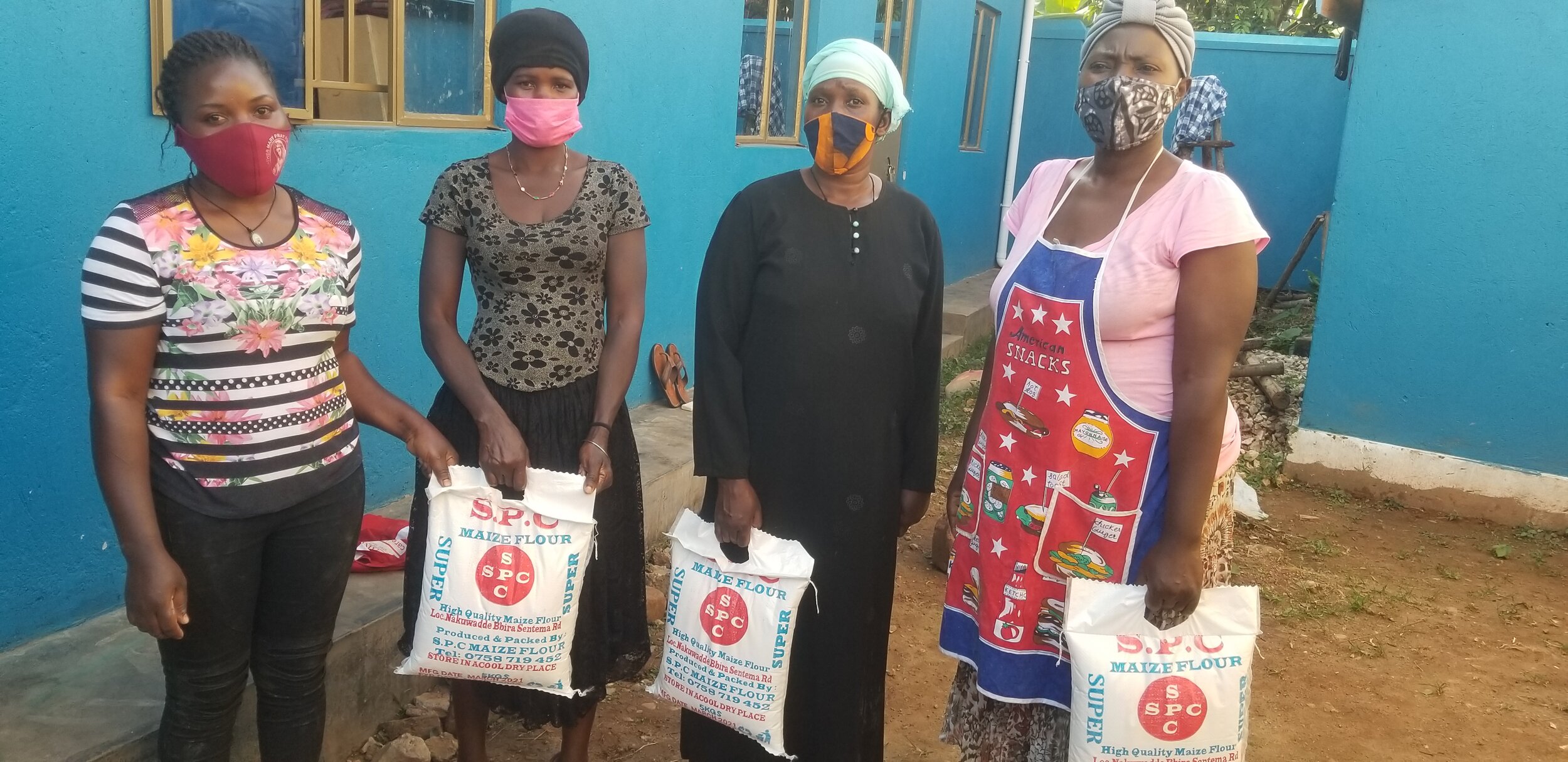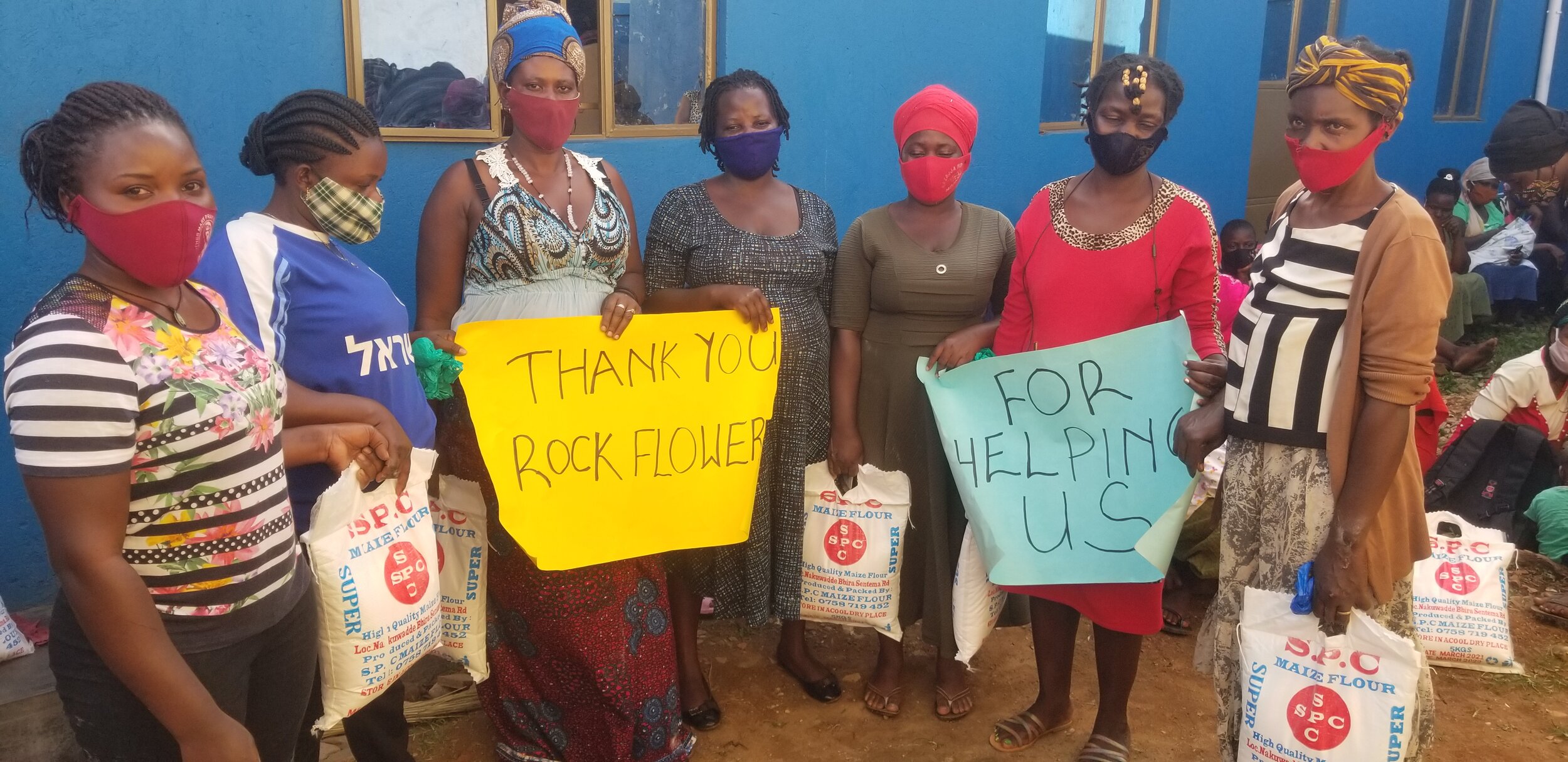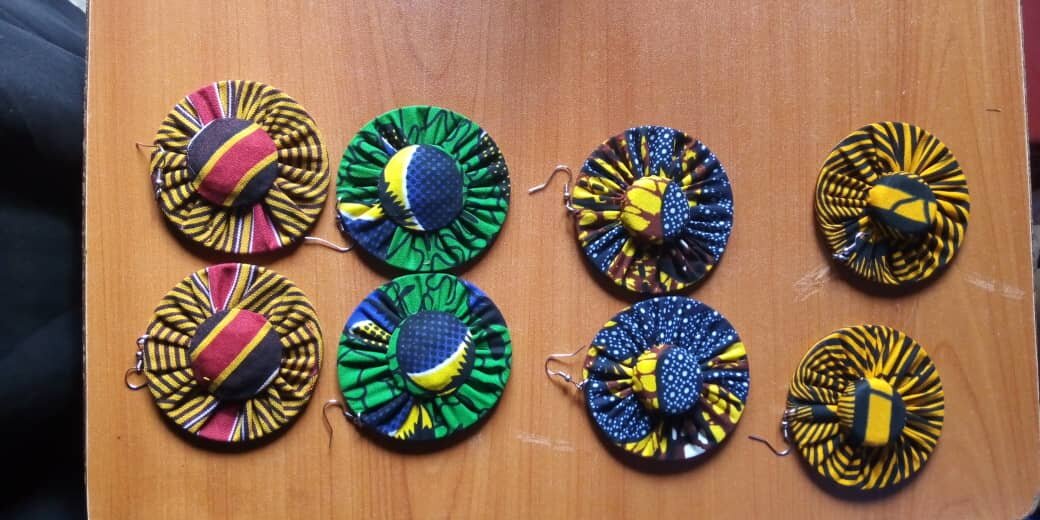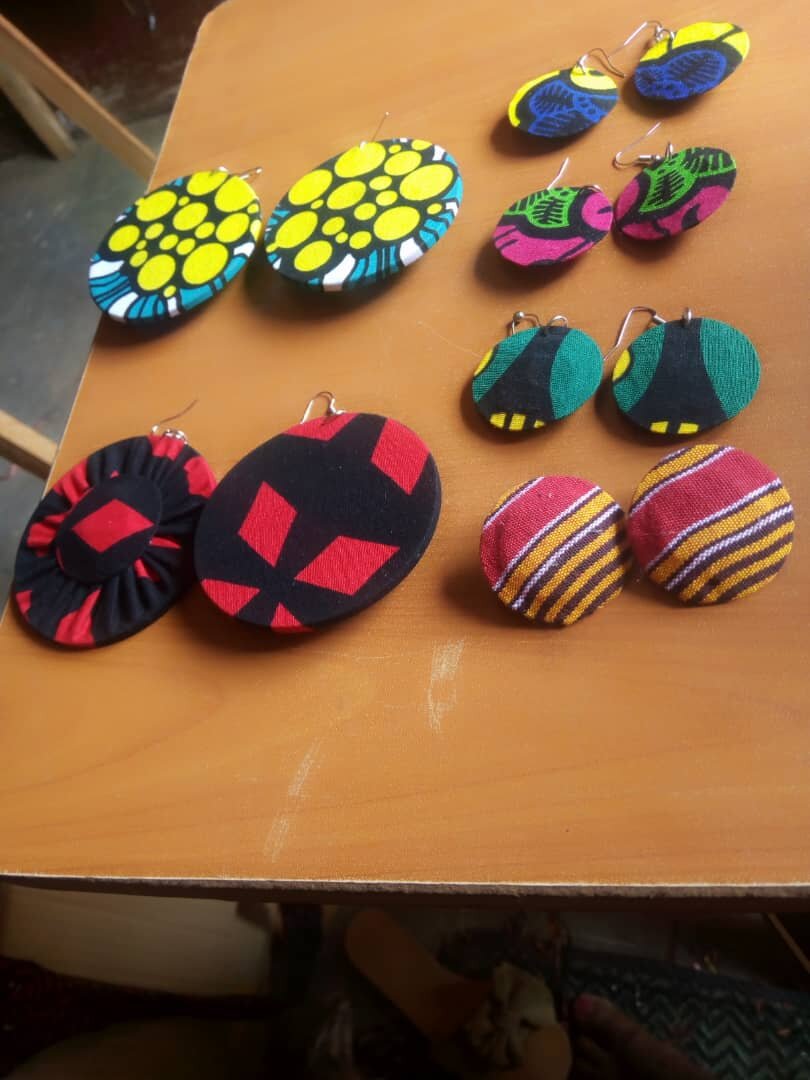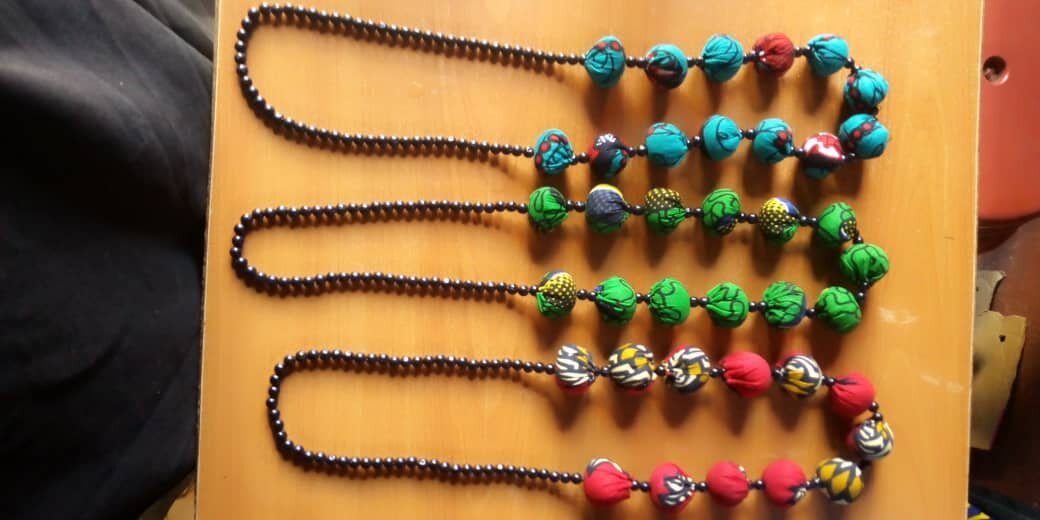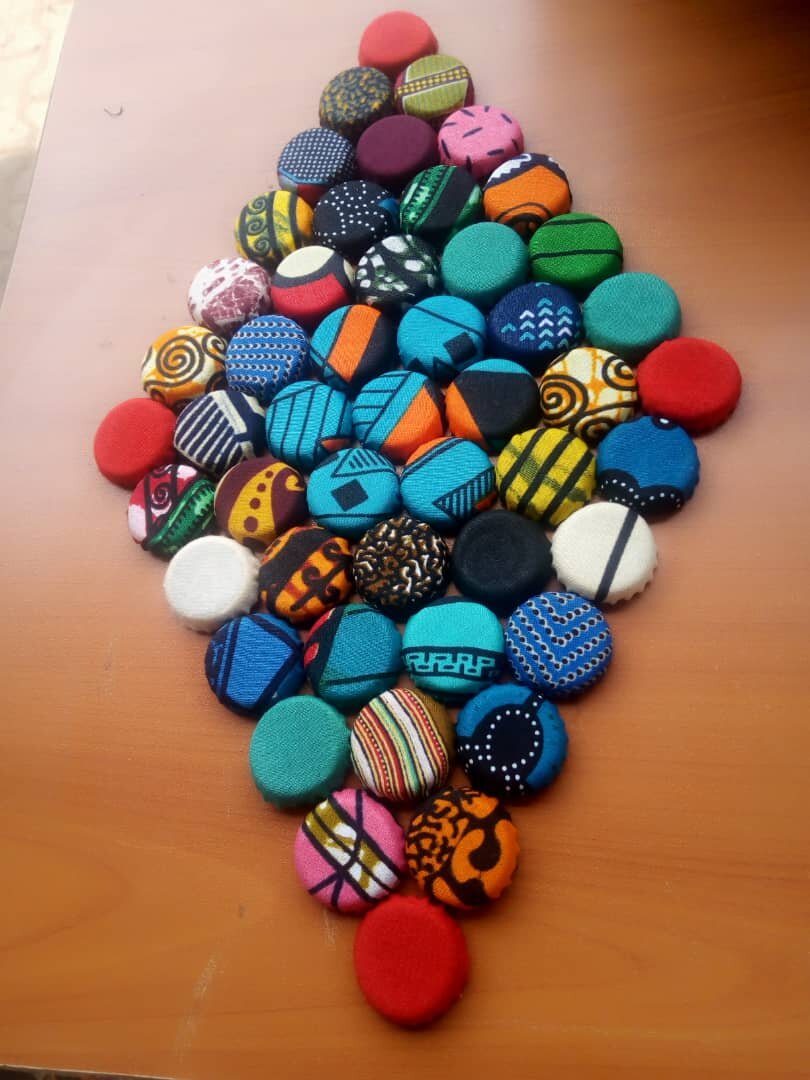The Democratic Republic of Congo (DRC) continues to face the impact of a devastating humanitarian crisis, as armed conflict intensifies in the eastern part of the country. The rapid offensive by the M23 armed group has led to the capture of Goma and Bukavu—major cities in the region—forcing thousands of civilians to flee and plunging communities into deeper instability.
South Kivu Province, home to Rockflower’s partner organization, SOFDI, continues to face the direct effects of this violence. The organization has provided critical support to women and girls in this region since 2014. However, the ongoing crisis has made it increasingly difficult to maintain essential services. Widespread violence, infrastructure destruction, and the disruption of humanitarian aid have placed even greater strain on already vulnerable populations.
The situation in the DRC is dire. Reports estimate that between 900 and 2,000 people were killed during the recent offensive on Goma. Over one million Congolese have sought refuge outside the country, while an estimated 21 million people within the DRC urgently require food, medical aid, and basic necessities. The scale of this crisis underscores the urgent need for sustained intervention and international support.
Women and girls are disproportionately affected by the ongoing violence. In times of conflict, they face heightened risks of sexual violence, exploitation, and economic hardship. Many have been displaced from their homes, leaving them without access to critical healthcare, education, and basic resources. In addition to physical danger, the collapse of local markets and food supply chains has made it increasingly difficult for families to meet their daily needs, placing immense pressure on women who are often the primary caregivers in their households.
SOFDI has remained dedicated to protecting and uplifting women and girls despite the crisis. Understanding the compounded risks they face, SOFDI continues to operate in the region, adjusting its strategies to ensure that vital support reaches those in need.
In the face of immense challenges, SOFDI has taken swift action to provide emergency relief and sustain its long-term programs. The organization’s current efforts include:
Emergency Humanitarian Assistance: Displaced families in South Kivu are receiving food, shelter, and basic necessities. SOFDI is working to establish safe spaces where women and children can access immediate relief and protection.
Menstrual Health Support: The distribution of Salama pads remains a priority, ensuring that women and girls have access to essential hygiene products even in times of crisis. Menstrual health is often overlooked in emergency response efforts, yet it is a fundamental need that directly impacts the dignity and well-being of women.
Education and Temporary Learning Spaces: With schools disrupted by the ongoing conflict, SOFDI is creating temporary learning spaces to ensure that children can continue their education in a safe environment. These spaces provide not only academic instruction but also psychosocial support, helping children regain a sense of normalcy amid crisis.
Economic Empowerment and Livelihood Support: Conflict often exacerbates poverty, leaving women with limited options to support themselves and their families. SOFDI is working with community partners to provide income-generating opportunities and vocational training programs to help women rebuild their livelihoods.
Psychosocial and Trauma Support: Many women affected by the conflict have experienced extreme trauma, whether through displacement, violence, or loss of loved ones. SOFDI is offering counseling services and support networks to help survivors heal and regain a sense of stability.
Peacebuilding and Advocacy: SOFDI is actively supporting women-led community initiatives that focus on peacebuilding and conflict resolution. By equipping women with the tools to mediate disputes and foster dialogue, these efforts help reduce tensions, promote stability, and empower local leaders to advocate for peaceful solutions within their communities.
As the situation in the DRC continues to develop, SOFDI’s work has never been more crucial. However, the organization cannot do this alone. The ongoing crisis demands urgent action from the international community, partners, and supporters.
Organizations like Rockflower and WomenChoice in Tanzania have been instrumental in supporting SOFDI’s efforts, but additional resources are needed to sustain and expand these life-saving programs. Donations, advocacy, and awareness-raising efforts can help ensure that SOFDI has the means to continue providing essential services to the women and girls who need them most.
SOFDI remains resilient in the face of conflict, standing as a beacon of hope for women in South Kivu and beyond. By supporting their work, we can all play a role in protecting and empowering women during one of the most challenging periods in the DRC’s history.
For those looking to contribute to SOFDI’s vital efforts, now is the time to act. Click the link below to donate to Rockflower, so that we can provide increasing support to this organization. Together, we can ensure that women and girls in the DRC continue to receive the care, protection, and opportunities they deserve.

